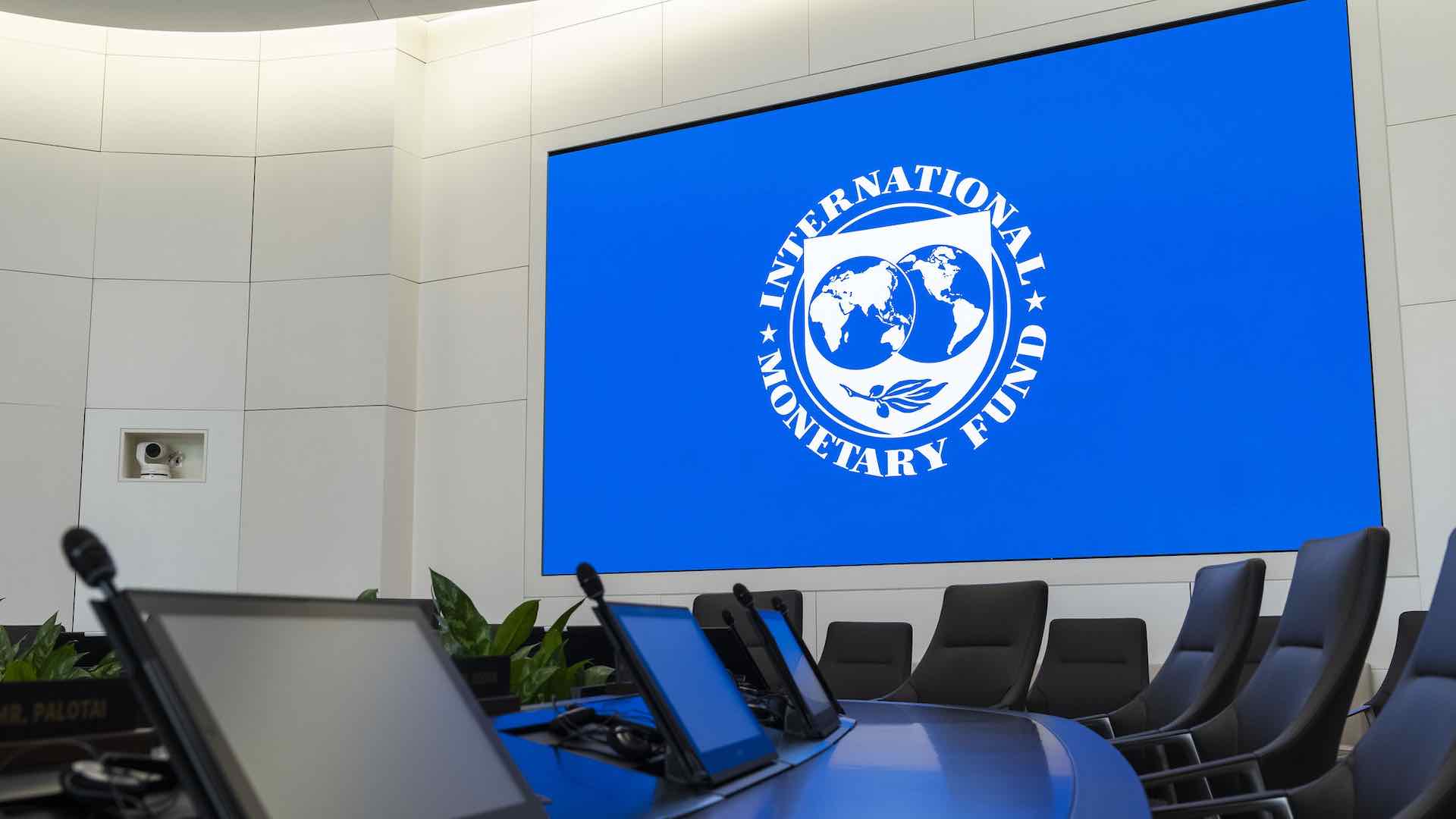MENA Newswire News Desk: The International Monetary Fund (IMF) has announced a significant reduction in borrowing costs for its member countries, cutting these costs by 36%, or approximately $1.2 billion annually. The change comes as part of broader reforms aimed at easing the financial burden on nations seeking IMF assistance, particularly amid a global landscape of rising interest rates.

In a press release on Friday, IMF Managing Director Kristalina Georgieva confirmed the measures, noting that the number of countries subject to the institution’s controversial surcharges is expected to decrease from 20 to 13 by the 2026 fiscal year. These surcharges are additional fees imposed on nations that borrow above certain thresholds or for extended periods, adding to the standard interest rates and fees already charged by the IMF.
The reduction follows the IMF’s first review of its surcharge policy since 2016, spurred by global concerns over the increasing costs of borrowing. Rising global interest rates have elevated the overall cost of loans, making it more challenging for countries to meet financial obligations under IMF programs. The revised policy, which will take effect on November 1, aims to address these concerns while maintaining the financial integrity of the IMF’s lending framework.
Georgieva emphasized the importance of these charges, stating, “Charges and surcharges remain an essential part of the IMF’s cooperative lending and risk management framework, where all members contribute, and all can benefit from support when needed.” This framework allows the IMF to assist countries in times of need, while ensuring financial contributions from all participants.
Five nations – Ukraine, Egypt, Argentina, Ecuador, and Pakistan – are among the countries that currently pay the highest surcharges. Research from Boston University’s Global Development Policy Centre shows that these nations bear the brunt of these additional costs due to the size and duration of their loans. Argentina’s Finance Minister Pablo Quirno, whose country is the IMF’s largest debtor, expressed optimism about the reforms, estimating that Argentina could save over $3 billion as a result.
The savings are expected to ease financial pressure on the country’s struggling economy. However, the decision did not meet the expectations of some critics, including academics and non-profit organizations, who have called for the complete elimination of surcharges. These groups argue that surcharges place an undue burden on countries facing economic hardship, limiting the effectiveness of the IMF’s financial support.
